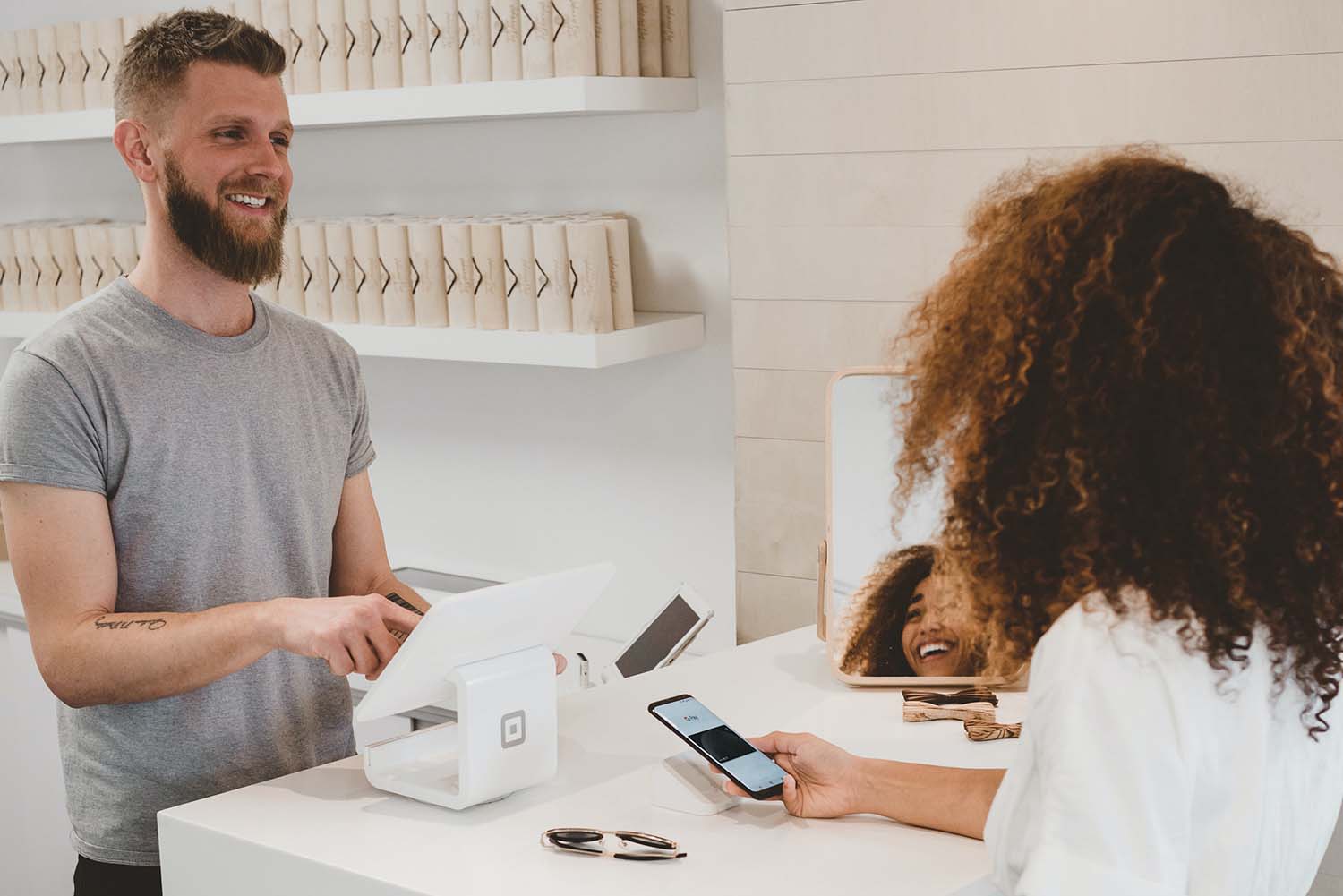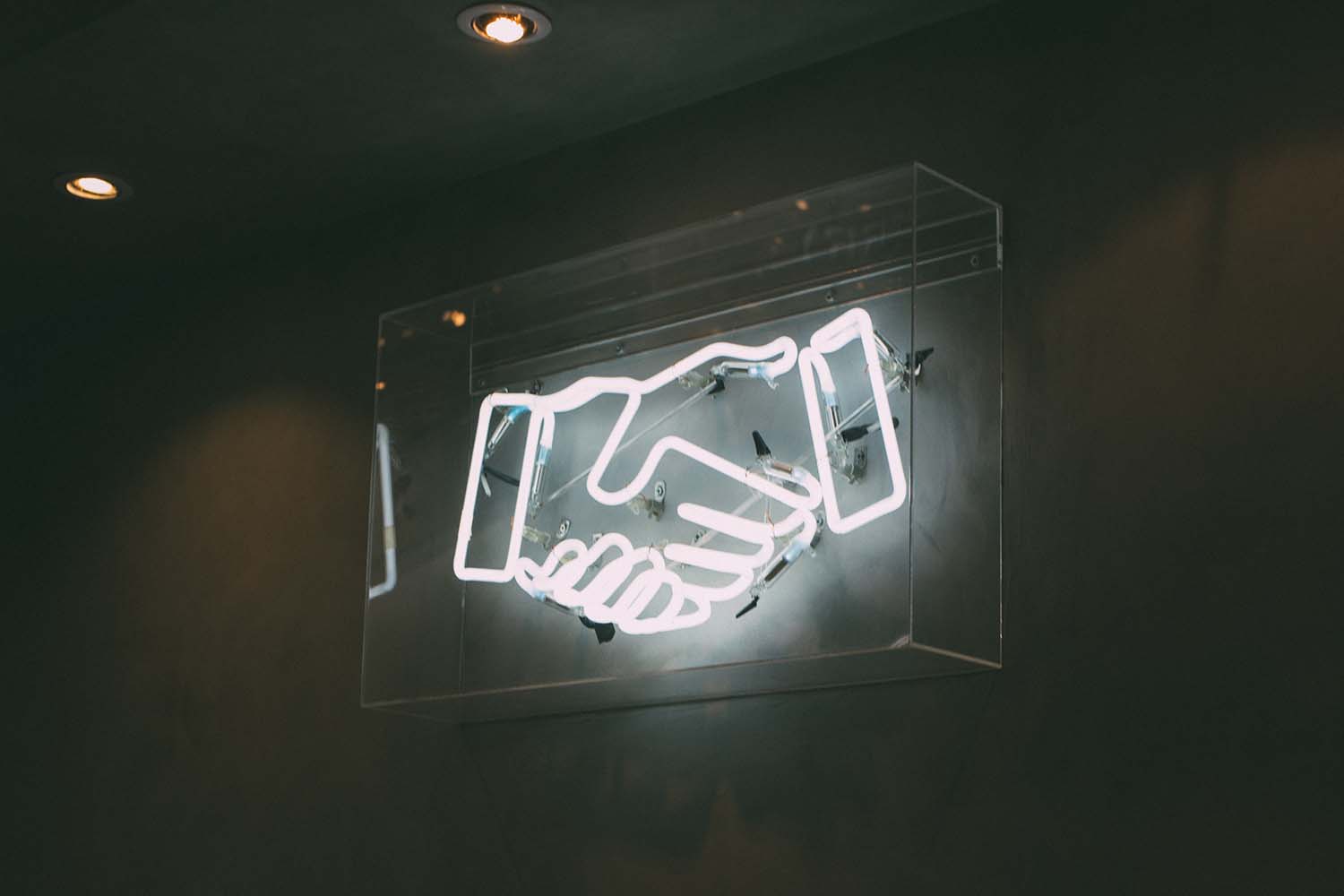What does brand loyalty mean to you? When you enter a store and see dozens of brands, do you ever gravitate towards certain names over others? We live in a world that is dominated by promotional campaigns and marketing. It’s easy to fall for certain brands because of the way they’re perceived.
For example, many people love Apple products because they’re seen as the most popular technology company and everyone uses their products. Consider how many people use iPhones, iPads and Macbook computers. It makes sense to follow their lead and also get one. But that’s not really true brand loyalty.
Most people only buy products from specific brands because everyone else does. They don’t really have loyalty to that brand and their purchasing decisions are heavily affected by friends, family members and influencers.
So what exactly is true brand loyalty? What does it take for someone to fully support a specific brand? To become an advocate of it? Is it all about the quality of the product itself? Or, is there a deeper connection between brand and customer that helps elevate the relationship to a new level?
Let’s have a look at what it takes to truly build brand loyalty and set yourself apart from competitors.

Photo, Brooke Cagle.
Never outsource customer support
Perhaps one of the most disappointing or even frustrating things about getting customer support with some companies is realising that you’re not even speaking to someone that represents the company itself. There are many large companies in the world that are still outsourcing their phone and web support to third party companies. Ones that aren’t directly affiliated with the brand.
When you call, you’ll be given some limited options and the person on the other end of the phone has absolutely no obligation to go the extra mile for their company because they’re just an outsourced worker. They have limited knowledge about the brand. And they will always give generic responses to everything you ask.
This is terrible for brand loyalty. There are far better ways of offering a solid customer support experience. For starters, you’ll want to add features such as a WordPress live chat plugin or live video chat option to your website that connects customers to a support employee that is in your office or workforce.
Focus on building a strong support system for your customers instead of outsourcing it to a third party. It’ll show that you care about giving your customers proper support. And it helps to produce positive customer experiences that will leave a good impression on your audience.

Photo, Adam Solomon.
Turn customer support into marketing
Not only does this make it easier for your customers to get support, but it also helps to spread your brand via word of mouth. There aren’t many companies out there that offer legitimate in-house customer support where you can speak to someone with the company. In fact, this has become the selling point for many businesses around the world that refuse to outsource their helplines.
This can be made a lot easier if you use social media as well. Many companies use social media purely for advertising and engaging their audience in witty discussions. It’s become the de facto way to operate a corporate social media account now since it makes you appear hip and relatable.
However, if you’re serious about attracting a wider audience and providing a positive customer experience, then you should also be using social media to answer support queries and provide live assistance. Everyone can see your replies to show that you’re actively supporting your customers. And it helps to grow your online presence and establishes you as a caring business that puts customers first.

Photo, Clay Banks.
Never make promises you can’t fulfil
Depending on the type of business you run this could mean a number of different things. The general idea is that all of your actions should be based around the concept of never letting your customers down. For example, you should never make false promises. Is there a 1% chance that you won’t be able to follow up on a promise? Then you shouldn’t make it.
An unfulfilled promise will negatively impact customer relationships. And that bad experience could be shared with thousands of other potential customers. This results in a poor perception of your brand in certain communities.
For instance, if you run an e-commerce store then you’ll always want to ensure that your products are in stock. If you can’t do this for one reason or another, then it’s best to be upfront and clear about it to your customers instead of letting them order a product and potentially subjecting them to several months of wait time as you source the product.
If something is out of stock then you should alert customers and tell them when you plan to restock. Don’t sell your customers a promise. Because there’s always a chance that you’ll send them an inferior product that will upset them and ruin your brand loyalty.

Photo, Patrick Tomasso.
Be transparent, and over-deliver
By always delivering on your promises and setting a high standard for your brand, you create opportunities to go above and beyond what you promise which can provide even more value to your customers. This can satisfy your audience and make them feel like they’re valued customers that are being treated well.
Do you deliver on your promises? Then occasionally exceed them. Show that you care about your customers. Tou’ll have a much easier time holding on to their attention and stopping them from looking at other brands that can offer the same products.
Another component of this involves being transparent. Many people often feel let down because a company fails to be transparent about their situation. For instance, if you’ve made an honest mistake, you should always own up to it and apologise to your audience.
If you try to make up excuses, shift the blame or stay silent, then it’s going to negatively impact the brand loyalty you’ve worked so hard to build up. If you lie about something and you’re found out, it’ll let your customers down, harm your brand loyalty and convince some of your audience to seek out your competitor.
In short, never let your customers down. Every decision you make and every engagement opportunity should be a chance for you to make your customers happy.

Photo, Priscilla Du Preez.
The customer experience is more important than an extra sale
Many companies focus too heavily on statistics and sales numbers. They want to grow their numbers so they’ll do anything in their power to increase their sales. Unfortunately, this often comes at the cost of the customer experience, resulting in reduced brand loyalty.
Building loyalty is all about focusing on your company’s efforts to provide an incredible level of service. Also on forging a quality customer experience.
If you focus on this as a fundamental concept of how you operate your business, then you’ll find that it can drastically improve customer relationships since you’re constantly reminding them that they’re the priority. Take beauty salons. One of their key elements towards successful inventory management is the use of effective salon software because it enables their customers a dynamic experience.
Don’t just reward new customers
Another great example of this is how businesses always have bonuses and discounts for new customers but fail to offer anything for existing customers. It could be a sign-up bonus, a first purchase bonus or even a huge discount for new members for a short amount of time.
These bonuses are great for finding new customers. However, it’s horrible for existing customers since they’re not being rewarded for their loyalty. Have you reached a point where new customers are getting better deals than existing customers? Then you’re doing something wrong. You need to immediately change something to provide a greater benefit for long-time customers.
Sales numbers are important as well, of course. However, you need to consider the long-term benefits of providing excellent customer service. If you have to sacrifice a few sales then so be it. The goal is to create a passionate base of customers that are loyal to your business. These are the types of people that will be happy to talk about your good deeds, praise your customer service and share your brand with their friends and family members.
Instead of pushing people through your sales funnel and latching on to any sale you can, it’s better to focus on building a loyal group of customers that truly care about your business.
So, what does brand loyalty mean?
Hopefully, this has shown you the what brand loyalty really means and how you can build it. A lot of people mistake brand loyalty for good marketing. However, the reality is that they are completely different things.
Brand loyalty often results in customers becoming advocates for your products. They’ll speak highly of your brand, they’ll always buy your products when given the choice, and they’ll spread the word about your products and services because they’ve personally experienced them.
Building customer loyalty can be difficult, but with the advice we’ve offered, we hope that you can start building strong relationships with your audience to grow your brand and bring it to the next level.








